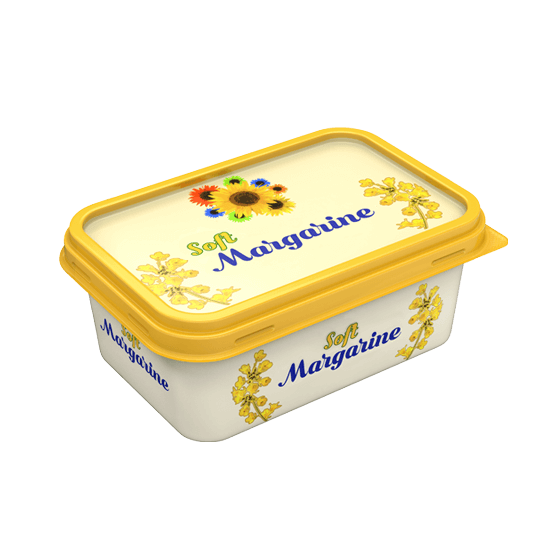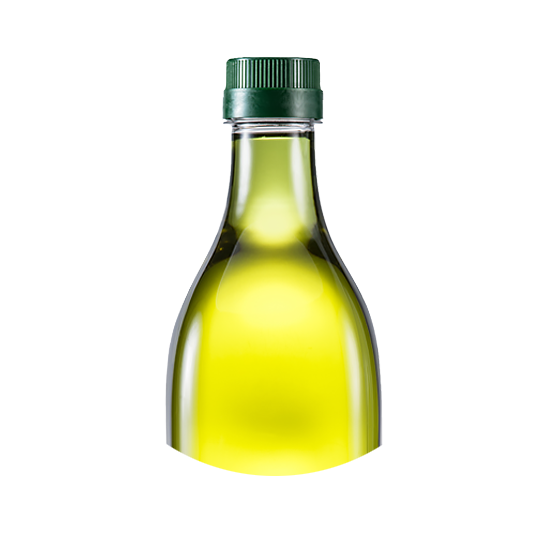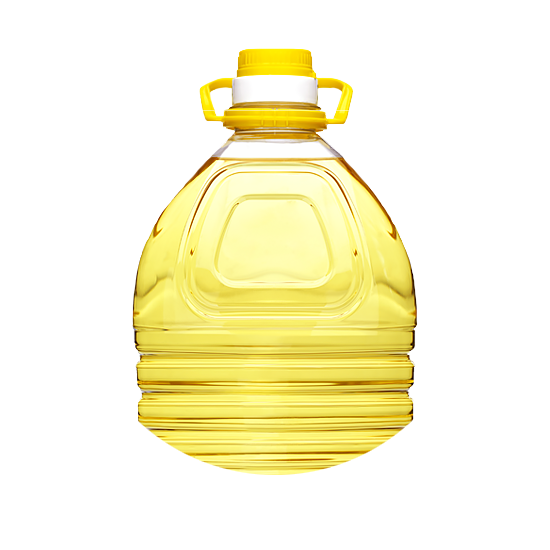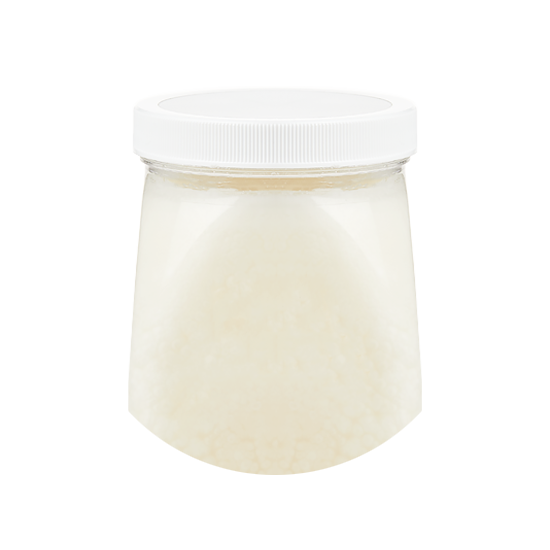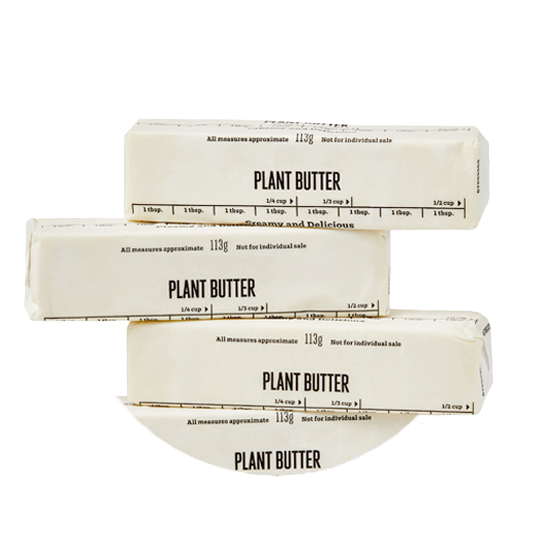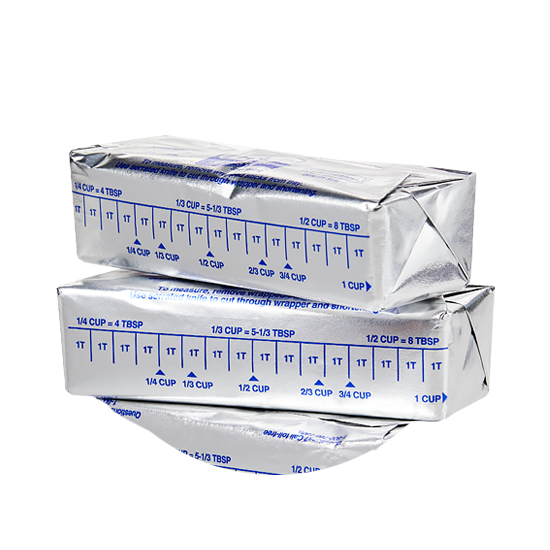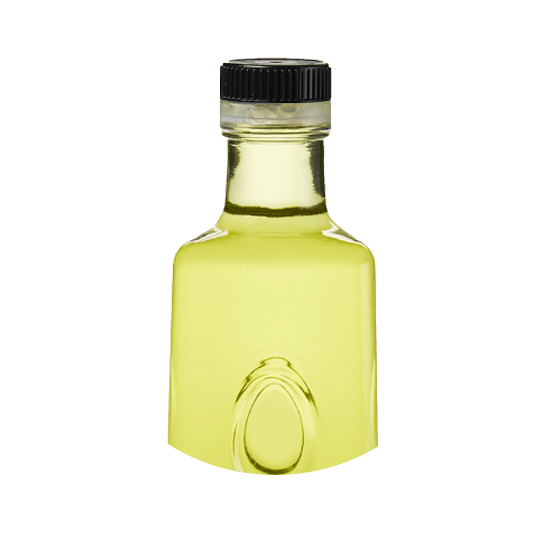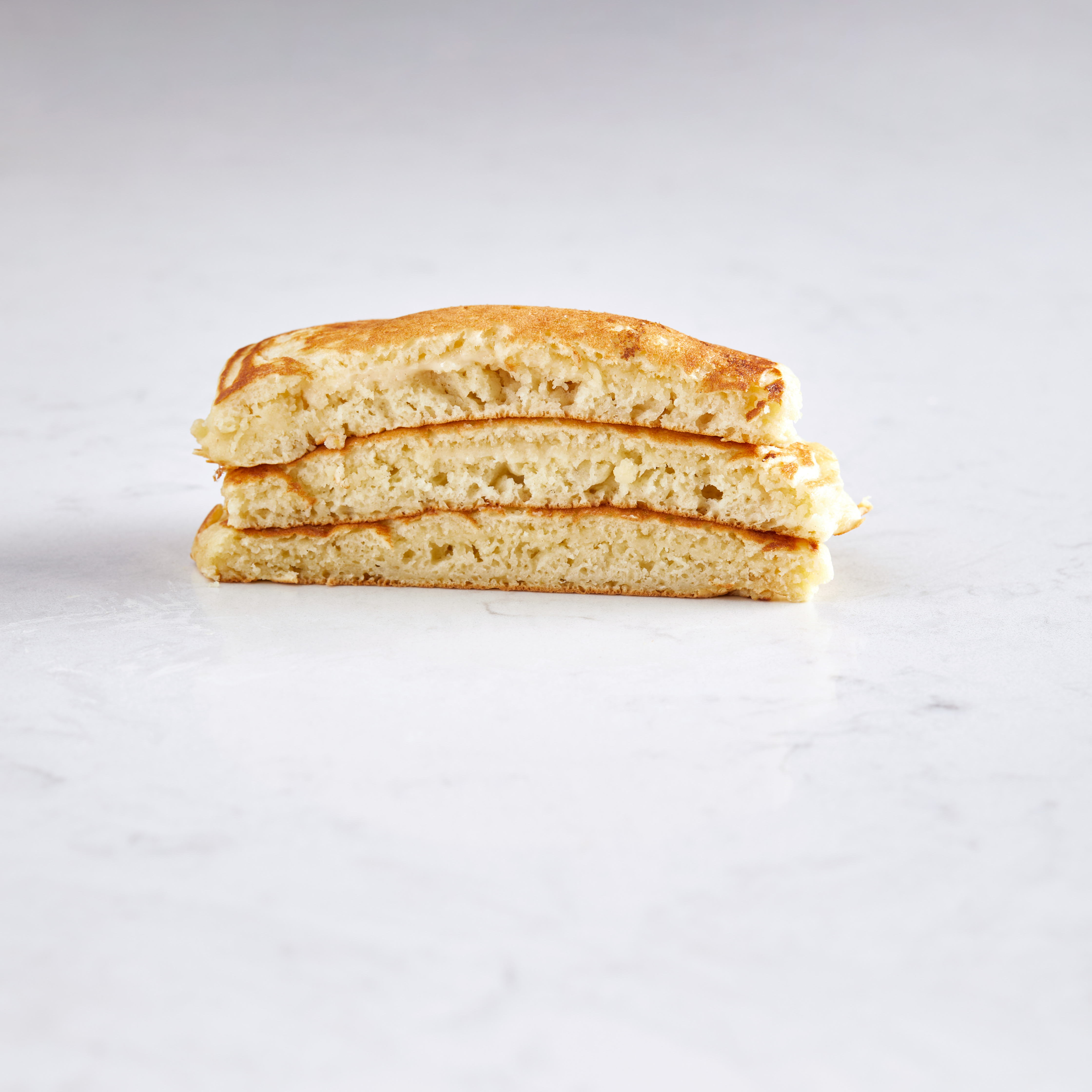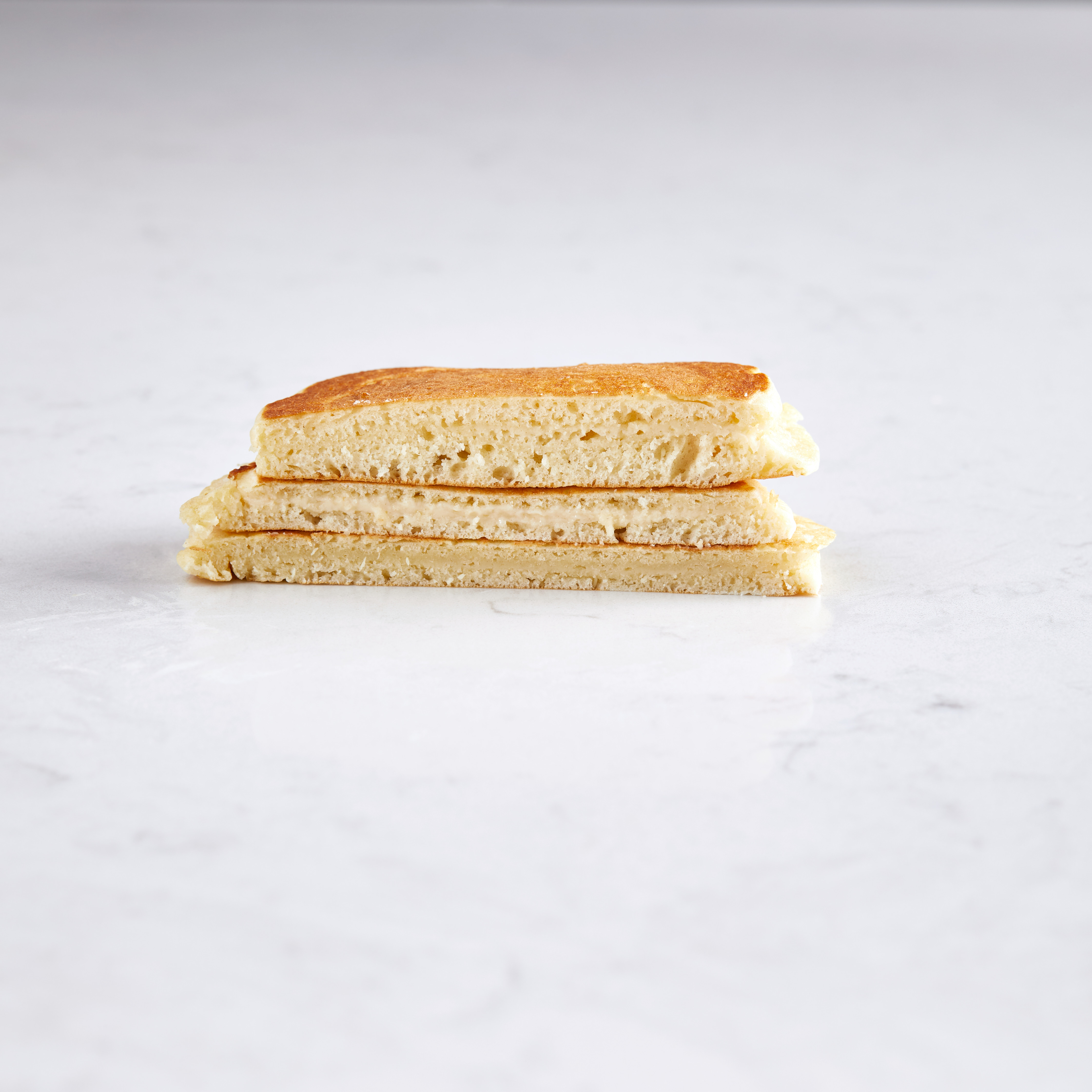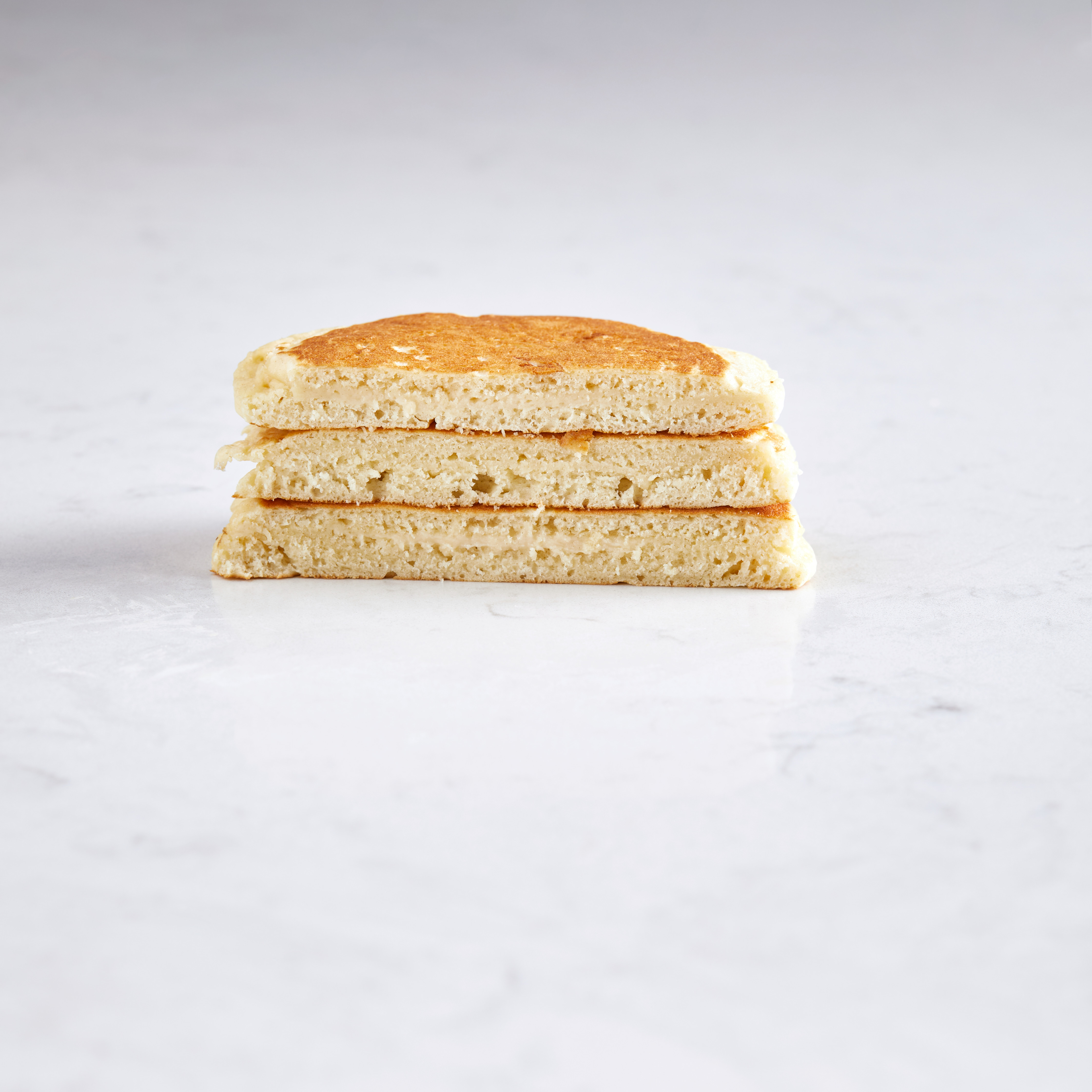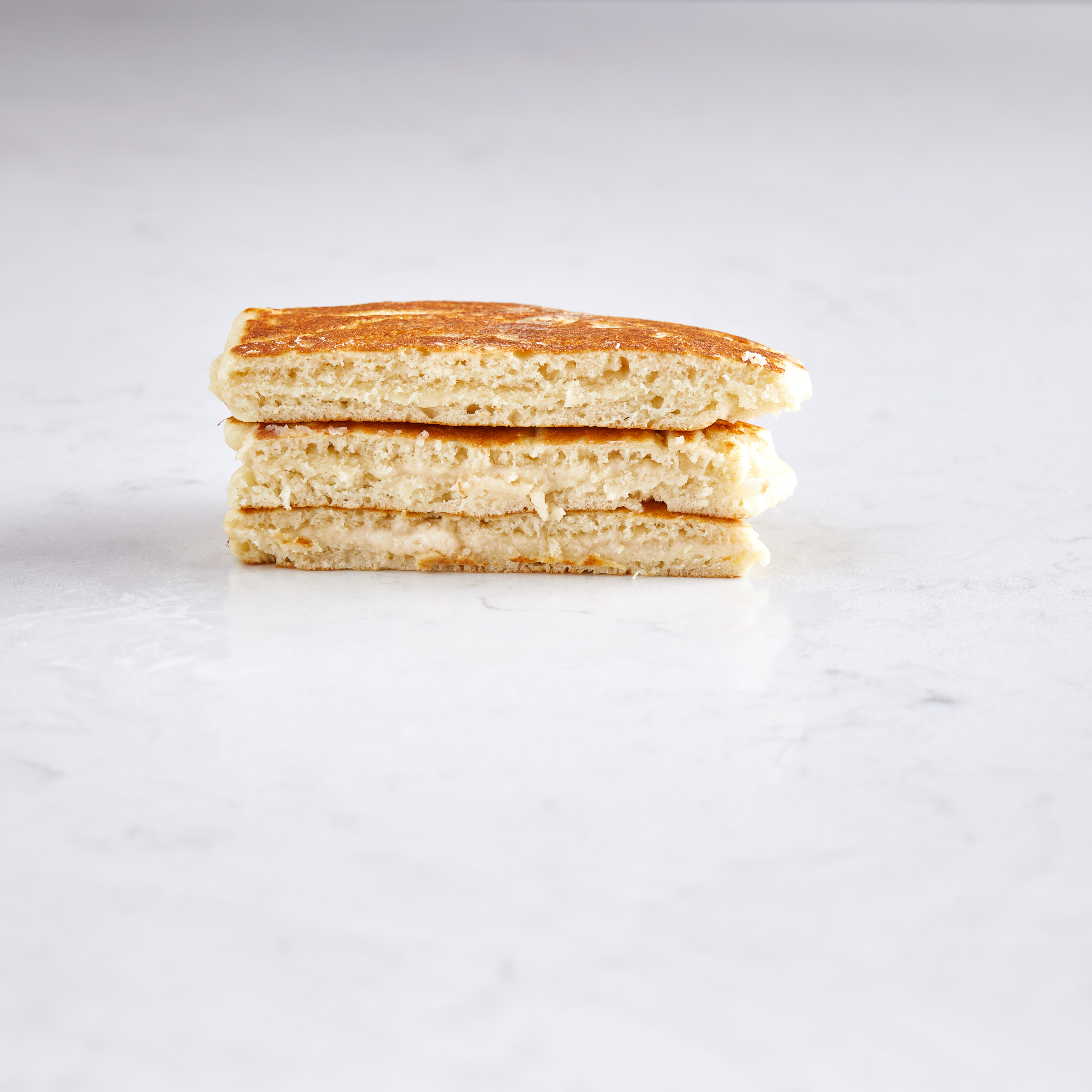Margarine
Unlike butter, it’s highly processed and full of artificial ingredients.
Olive Oil
Compared to butter, olive oil has more fat and delivers less flavor versatility.
Vegetable & Canola Oil
Butter is lower in fat and calories and adds more flavor than vegetable and canola oil.
Coconut Oil
Has a permeating flavor and doesn’t perform well in baking compared to butter.
Non-Dairy Spreads
Unlike butter, these are highly processed and filled with artificial ingredients.

